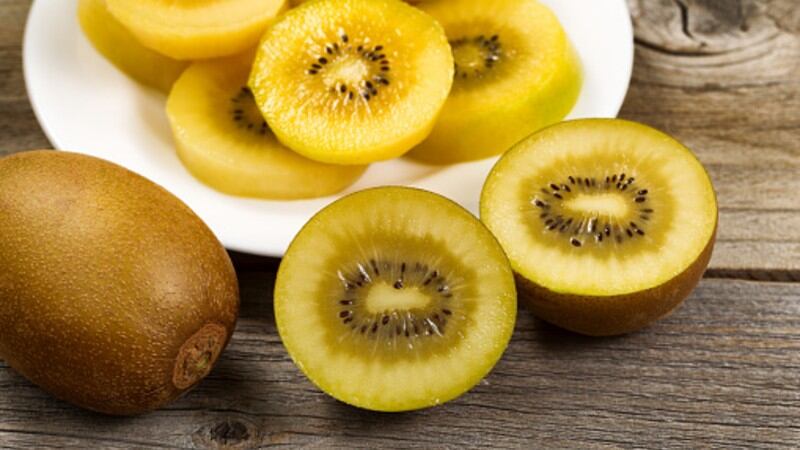The plant-based yoghurt sector is one of the sectors seeing the fastest growth within the dairy alternative products market, with this being especially apparent in China where the category is tapping on the existing local US$17bn yoghurt market and US$433bn snacking market.
Here, plant-based yoghurt is very much positioned as a premium item prized for health benefits, and its meteoric rise in China can also be attributed to the fact that some 80% of Chinese consumers have some form of lactose intolerance, according to Christiana Zhu, Co-Founder and CEO of Marvelous Foods, which makes China’s first coconut yoghurt brand Yeyo.
“In China, it’s safe to say that the major driver for plant-based products here is not so much sustainability or animal cruelty as it is health and nutrition, and adding the current age of COVID into the mix, many Chinese consumers are turning to plant-based because they want to be healthier so this is a key driver for the industry’s rapid growth in the country,” Zhu told FoodNavigator-Asia.
“I don’t think that plant-based yoghurts are going to be able to completely replace dairy yoghurts just yet, not within the next five years at least, but its growth is going to be significant rapid and large enough that it will emerge as a viable choice for consumers and supplement to existing yoghurt options.”
China has some of the most industry-friendly plant-based product standards in the world, specifically allowing the use of traditional dairy terms such as ‘milk’ and ‘cheese’ for most plant-based dairy products – but for the plant-based yoghurt sector, Zhu told us that some hurdles still remain to be overcome before these standards can be truly considered inclusive for it.
“Officially there's no category [for yoghurts in China’s food listings] so our products technically actually fall under a category called fermented plant-based beverages, [and] how that is governed is that labelling standards are very strict,” she said.
“The labelling standards are stricter than advertising standards [so] products can get away with marketing themselves as plant-based dairy online and maybe even certain ads and posters, but they still need to put plant-based beverage on the label itself.”
That said, China’s standards are undoubtedly much more inclusive than what is being seen in many other countries, such as India and Australia where the plant-based dairy sector is basically fighting for the right to use traditional dairy terms for its products.
In India, the local food authority Food Safety and Standards India (FSSAI) banned the use of dairy terms for non-animal dairy products last year and ordered all products that already held these labels to be delisted. This decision was later stayed by the Delhi High Court, but the plant-based industry has resigned itself to a long-drawn battle ahead, with several new dairy-free brands having already taken the precaution of avoiding dairy terms on their labels.
Based on China’s openness to the plant-based industry and continued consumer interest, Zhu is confident that even more rapid progress is on the way for the local dairy-free yoghurt sector, and this is supported by the entry of even more players into the category as of late including both new local start-ups such as Jooma with its almond yoghurt, and MNCs such as Yili.
“More competition is on the way, and this is actually fantastic for the category as a whole, as more will be invested on educating consumers. With any new category education is super key, and we really believe in the rising tide view of plant-based as a category,” she said.
Watch the video above to find out more.





